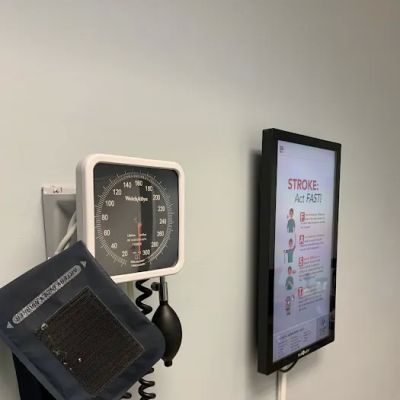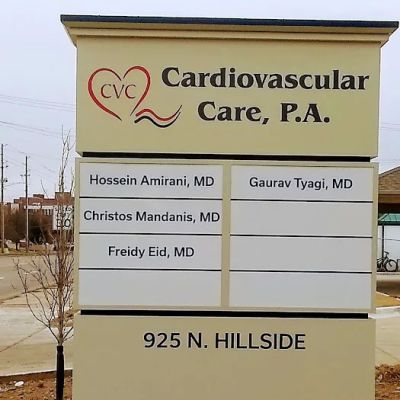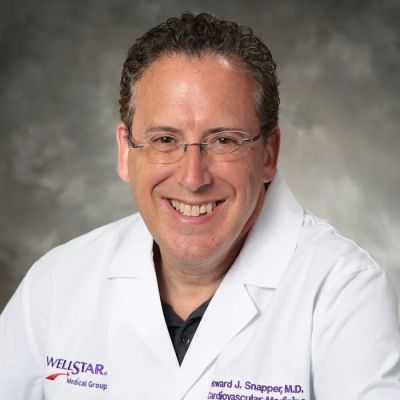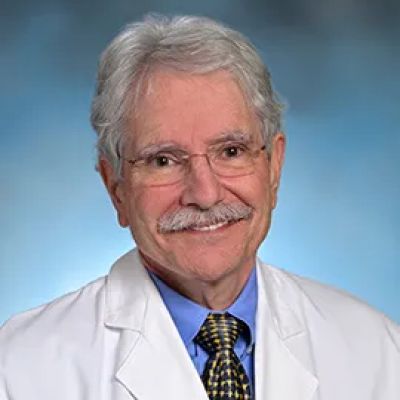- 1-Understanding-Heart-Disease
- 2-Types-and-Causes-of-Heart-Disease
- 3-Symptoms-and-Diagnosis-of-Heart-Disease
- 4-Overview-of-Heart-Transplant
- 5-Who-Needs-a-Heart-Transplant
- 6-The-Heart-Transplant-Process
- 7-Post-Transplant-Care-and-Lifestyle
- 8-Personal-Stories-and-Professional-Advice
1. Understanding Heart Disease
Heart disease remains one of the leading causes of death worldwide and represents a broad category of conditions affecting the heart’s structure and function. Understanding heart disease is essential not only for patients but also for caregivers and anyone interested in cardiovascular health. This condition encompasses a range of problems including coronary artery disease, heart rhythm disorders, and heart failure. Its impact on daily life can be profound, often requiring complex medical interventions, including surgery or even a heart transplant.
Many people are unaware of how various factors such as genetics, lifestyle choices, and preexisting conditions contribute to heart disease development. Early recognition and management can significantly improve outcomes and quality of life. This article delves into the types, causes, and symptoms of heart disease while exploring the critical role of heart transplants as a life-saving treatment option.

1.1 The Scope of Heart Disease Globally
According to the World Health Organization, heart disease causes nearly 18 million deaths each year, highlighting its global significance. Awareness campaigns and advances in medical technology have improved detection and treatment, but challenges remain in access to care and lifestyle modifications.
Atlanta Heart Specialists
atlanta heart specialists
4375 Johns Creek Pkwy #350, Suwanee, GA 30024, USA

2. Types and Causes of Heart Disease
Heart disease can manifest in many forms, each with unique causes and treatment approaches. The most common types include:
2.1 Coronary Artery Disease (CAD)
CAD involves narrowing or blockage of coronary arteries due to plaque buildup, reducing blood flow to the heart muscle. Risk factors include high cholesterol, smoking, diabetes, and hypertension.
2.2 Heart Failure
Heart failure occurs when the heart cannot pump blood efficiently, leading to fatigue, swelling, and shortness of breath. It may result from previous heart attacks, high blood pressure, or cardiomyopathy.
2.3 Arrhythmias
Irregular heartbeats can disrupt the heart’s rhythm, potentially causing palpitations, dizziness, or even sudden cardiac arrest. Causes range from genetic predisposition to structural heart problems.
Understanding these causes is crucial for prevention and early intervention, which can sometimes negate the need for invasive treatments.
3. Symptoms and Diagnosis of Heart Disease
Recognizing symptoms early can save lives. Common signs include chest pain, shortness of breath, fatigue, swelling in extremities, and fainting episodes. However, symptoms can vary widely depending on the specific heart condition and individual health.
Diagnosis typically involves a combination of physical exams, patient history, and diagnostic tests such as ECG, echocardiograms, stress tests, and cardiac catheterization. Timely diagnosis allows for tailored treatments that may slow disease progression or stabilize heart function.
4. Overview of Heart Transplant
For advanced heart disease unresponsive to conventional treatments, a heart transplant becomes a critical option. This surgical procedure involves replacing a diseased heart with a healthy donor heart. Heart transplants have evolved significantly, with improved surgical techniques and post-operative care dramatically increasing survival rates and quality of life.
The procedure is complex and resource-intensive, involving multidisciplinary teams to manage everything from donor matching to immunosuppressive therapy to prevent rejection.
5. Who Needs a Heart Transplant
Heart transplants are reserved for patients with end-stage heart failure or irreversible heart damage where other treatments have failed. Candidates undergo rigorous evaluation considering physical health, psychological readiness, and support systems. Common indications include severe cardiomyopathy, congenital heart defects, or ischemic heart disease with poor prognosis.
Due to limited donor hearts, eligibility criteria are strict, emphasizing the importance of maximizing other treatments before proceeding to transplantation.
6. The Heart Transplant Process
The transplant process begins with evaluation and placement on a transplant waiting list. Patients must adhere to medical protocols and remain as healthy as possible to qualify for surgery. Once a compatible donor heart is available, surgery is performed in specialized centers with intensive care support.
Post-surgery, patients require lifelong immunosuppressants to prevent organ rejection, regular monitoring for complications, and rehabilitation to restore physical function. The journey demands resilience and comprehensive care.
7. Post-Transplant Care and Lifestyle
Successful heart transplantation extends beyond surgery. Post-transplant care focuses on medication adherence, infection prevention, and lifestyle adjustments. Patients are encouraged to maintain a heart-healthy diet, engage in appropriate exercise, avoid smoking, and manage stress effectively.
Support groups and counseling are invaluable in helping transplant recipients adjust emotionally and physically. Advances in telemedicine and remote monitoring are increasingly aiding long-term management, improving outcomes and patient satisfaction.
8. Personal Stories and Professional Advice
Real-life stories often illuminate the realities of heart disease and transplantation more vividly than statistics. Take the story of John, a 52-year-old patient diagnosed with severe heart failure who, after years of declining health, received a heart transplant that gave him a second chance. His dedication to post-transplant care, combined with strong family support, allowed him to return to a fulfilling life.
Experts at HeartCare Hub emphasize early detection and lifestyle modifications as keys to preventing heart disease progression. They also recommend seeking specialized centers for transplant evaluations and support to navigate this challenging journey.
For comprehensive information, tailored advice, and the best resources related to heart disease and heart transplants, HeartCare Hub stands as a trusted platform to support patients and families every step of the way.





















Deborah Heart and Lung Center
deborah heart and lung center
200 Trenton Rd, Browns Mills, NJ 08015, USA